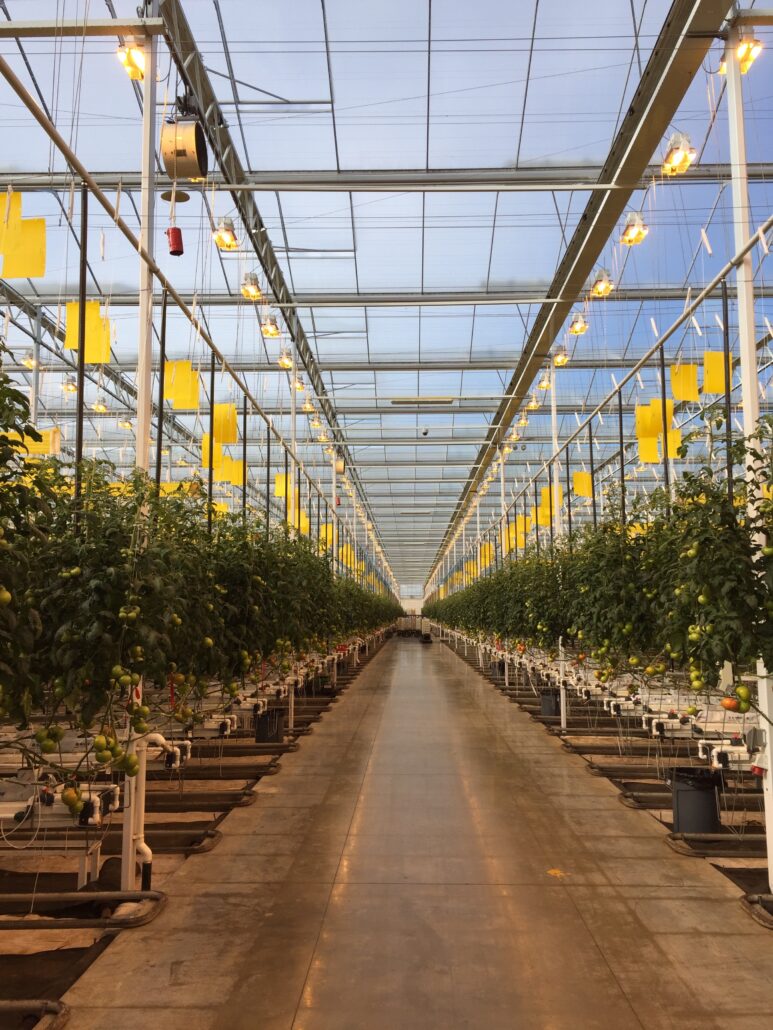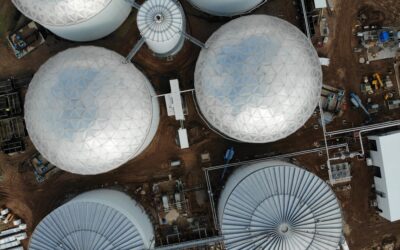LGIAsuper Expands Investment in Fresh Food Production; Commits to $112M to Equilibrium Capital

Global AgInvesting
By: Lynda Kiernan
Australia’s LGIAsuper is capitalizing upon consumer demand for high quality fresh food, and has committed $112 million to Equilibrium Capital’s newest fund – a vehicle focused on investment opportunities in fresh food production in North America.
Chief executive of LGIAsuper, Kate Farrar, told Super Review that the investment will give Australians the ability to capitalize upon shifts that are occurring among U.S. consumers looking for higher quality and variety in their fresh produce choices.
“Australians who have visited the United States often comment that the fresh produce doesn’t taste as fresh as it does at home,” she said. “Fruit and vegetables in the U.S. have traditionally been imported from as far away as Mexico or shipped long distances across the U.S., which reduces freshness and impacts taste.”
As an investor, Equilibrium views greenhouse production as a category that is not only poised to answer these shifts in taste, but one that is also poised for private equity.
“We see a tremendous opportunity for the future of controlled environment foods,” said Equilibrium Chairman David Chen, who will be delivering a presentation on Institutional Scale Controlled Environment Agriculture at Global AgInvesting 2019 in New York this coming April.
“What we see is that the growth has accelerated in the U.S, following a growing market demand,” said Chen. “The expansion is no longer five hectares, ten hectares, the expansion is now twenty, thirty hectares, maybe fifty hectares. In this accelerating industry, growers are discovering that access to all forms of equity capital is a competitive advantage.”
Putting words to action, Equilibrium has recently made two stand-out investments in horticulture production.
In December 2018, the fund made a $11.3 million investment in the Minnesota-based greenhouse operations of Revol Greens.
Growing a range of leafy greens in protected greenhouse environments, including baby arugula, baby spinach, red and green leaf lettuces, romaine, and butter leaf lettuce on a year-round basis, Revol Greens has seen demand in the U.S. Midwest outpace its production.
“The heightened awareness around food safety has only increased the appetite for greenhouse grown produce,” said Jay Johnson, president of Revol Greens. “We look forward to expanding our greenhouse operations so that we can serve the growing number of consumers seeking out fresh, great-tasting lettuce that is safe to eat.”
Less than two months later, in early February 2019, Equilibrium announced a partnership via equity investment with Houweling’s Group, an advanced greenhouse grower of tomatoes, bell peppers, and cucumbers. Together, Equilibrium and Houweling’s will modernize and expand Houweling’s advanced technology greenhouse facilities located in California and Utah.
Not only is the company an industry-leading grower, propagator, and marketer of greenhouse vegetables with more than 200 acres of greenhouse farms, but is also a pioneer in sustainability and waste-heat management.
“Houweling’s state-of-the-art greenhouse in Utah captures waste heat and CO2 from the neighboring power plant, reducing the amount of fossil fuels consumed compared to a traditional greenhouse operation, and recycling CO2 that would otherwise enter the atmosphere,” said Chen. “This is exactly the kind of economic and sustainability impact we look for in our strategies.”
Combined, the investments being made by Equilibrium in these large-scale greenhouse operations across California, Utah, and Minnesota exceed $100 million, and will support Houweling’s and Revol in doubling the size of their operations over the coming two years.
“Our objective is to acquire or build a set of greenhouses and hold onto them for a long period of time,” said Chen. “To growers, we operate like a landlord. We give the grower, the operator of the farm, more options to accelerate and manage their growth.”
Operating “like a landlord”, Chen explains to HortiDaily means that Equilibrium does not own a portion of Revol. Instead, the fund owns the greenhouse and finances the expansion of the business, allowing for growers to remain independent. It also allows Equilibrium a level of security in remaining an equity investor with close debt equity ratios.
Drive by climate change, horticulture and indoor agriculture hold such promise, according to Chen, that in the near-term, Equilibrium has plans to invest a massive $2 billion in the sector.
“Over the next decade, we’re going to see acquisitions, mergers,” he said. “You’re going to see food companies outside of horticulture begin to invest in this area. We not only want to participate in that movement, but to be a leader and pioneer in the financing of that growth.”
~ Lynda Kiernan
